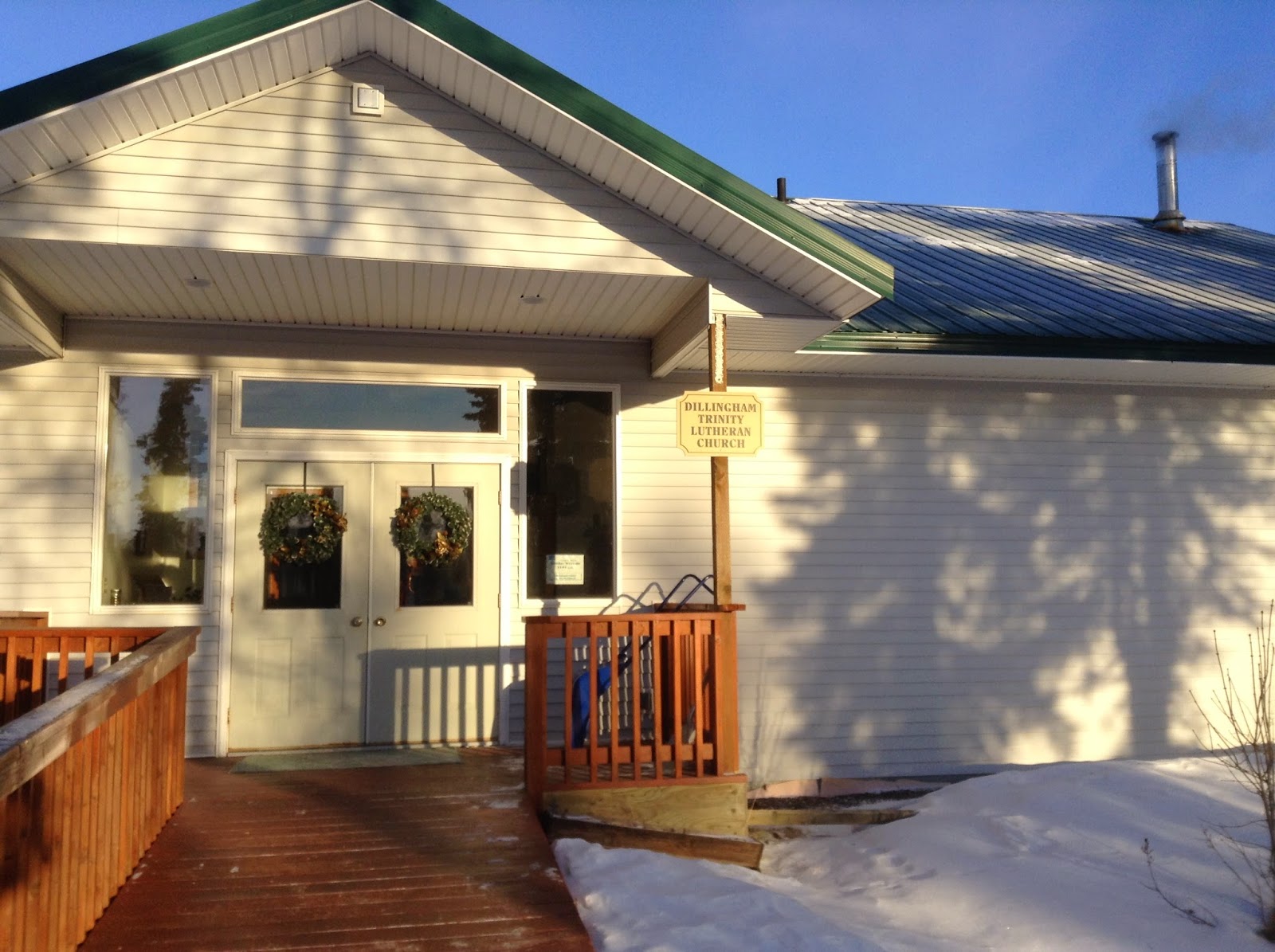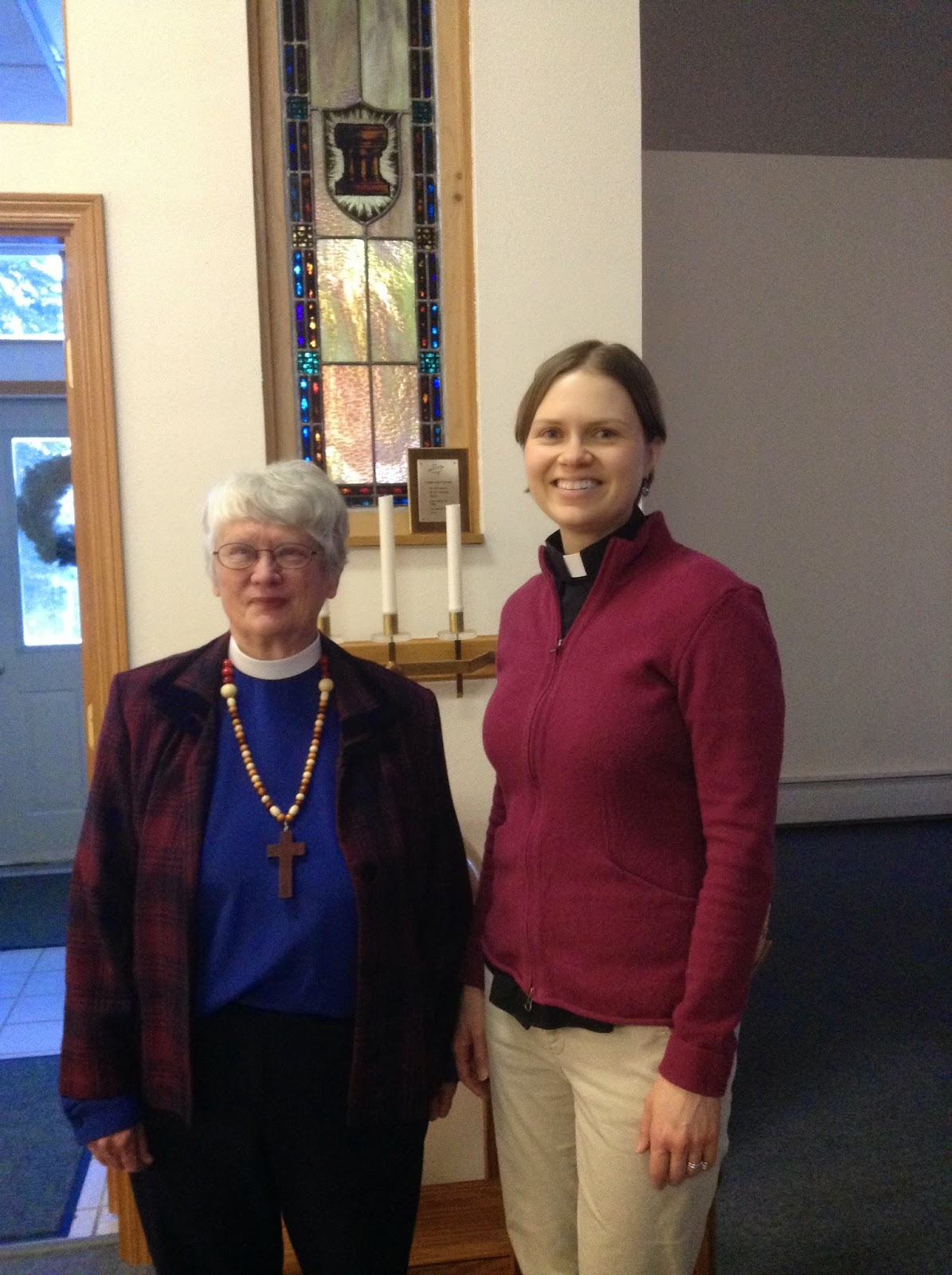Serving on the synod stewardship team in my role as director
for evangelical mission has transformed my attitudes and personal practices
around money. I’ve been exposed to resources, Bible studies, books and
conversations with others that have shaped my own giving patterns these past
three years. There are so many faithful stewards in our synod who have great
personal stories of how being more generous has transformed their lives. (PS- If you know someone like this, you should have them share their faith story in worship!)
As for me, one of the first things I did was set up
automated giving. I had never done this before; I was too scared of the commitment.
I set this up through my employer- the churchwide offices of the ELCA- and a
portion each paycheck goes to ELCA World Hunger, ELCA Domestic Disaster and the
Malaria Campaign. At the end of each year it’s rewarding to see how much I’ve
given and know it makes a difference.
Like many others, I have a running list of non-profit organizations
and ministries that our family supports each year. In December, I check to make sure I haven’t
missed any before the calendar year is over. We’ve increased our giving to many
of these over the years and simplified some of them by using Pick.Click.Give
through Alaska’s Permanent Fund Dividend. I also did the stuff Suze Orman tells you to do: made a plan to pay down credit card debt, pay more on student loans and put bills on automated giving. These things eased the money fears that kept me from an attitude of generosity in the first place.
The short answer is yes, I’ve increased my financial giving,
in part by simply paying more attention to it. I’m tithing on my salary and my husband
and I have increased our percentage giving from our joint account (we have some
money separate and some together). We’re starting to explain to our toddler son
about how we give money to give thanks and help others and he puts quarters in the
offering plate alongside our checks.
These practices are all well and good – and are still a work
in progress- but as I write chapter two of my money autobiography, I find that
my attitude change toward financial giving is more important than my shift in
habits.
Which comes first, a change in attitude or a change in habit?
There’s a saying that it’s easier to act your way into a new way of thinking, rather
than think your way into a new way of acting. This was true for me. I starting
acting differently and the habits began working on my attitude. Or perhaps more
correctly, I started acting differently and God started working on my attitude!
This is why spiritual practices are so important (which we’re
going to talk more about as the Alaska Synod this year). Spiritual practices
are the core things we do as followers of Jesus: we pray, we read the Bible, we
worship, we spend time with other disciples of Jesus, we share our gifts with
others, to name a few. These habits, over a life time, work on us. It’s not
about getting saved (we’re Lutherans; we know God has saved us by grace).
Rather, these spiritual practices form us into the people we are called to be,
for the sake of ourselves and the world.
The biggest truth of this chapter in my money autobiography
is that I don’t feel so fearful about money anymore. I used to feel
afraid of talking about money at all, ignored bills (which led to fees) and wrote checks for student loans without looking at the total amount still left (too scary). I was constantly afraid of not having enough, even when
my husband and I were DINKs (double-income-no-kids). As it turns out, we now have one child, one on
the way, a sizeable mortgage and my husband (the main breadwinner) works in oil
and gas industry, which is not very stable just now. I should be more afraid about money these
days, I suppose. But the grace of God through spiritual practices has been
working on me, and most days I’m not afraid. I even go to congregations – as
part of my work- and, after I thank them for giving, I encourage them to give
more. Can I tell you a secret? I actually enjoy talking about money now,
because it’s freeing to give and encourage others to do the same. We can make
such a difference through our collective giving. It’s inspiring. For this, I
thank God.







